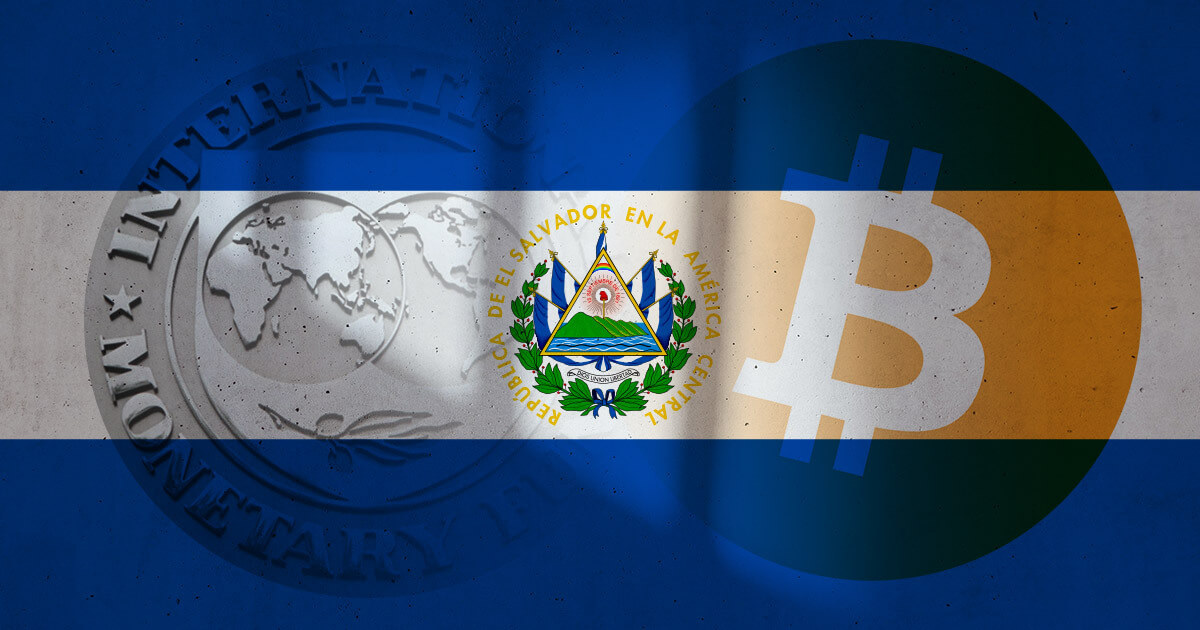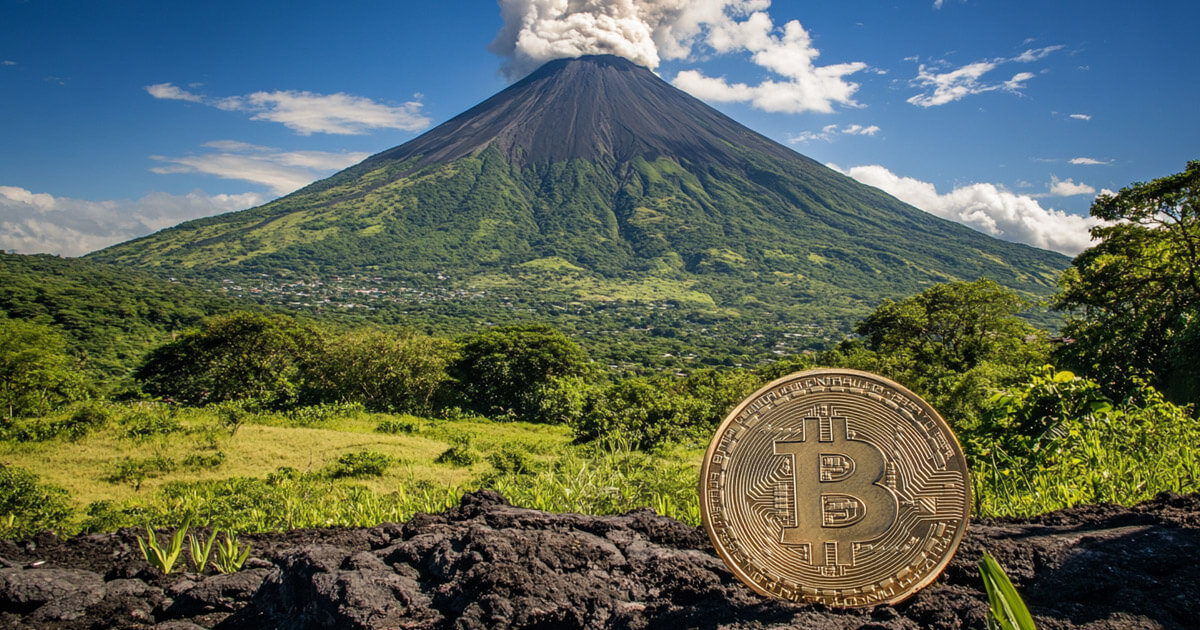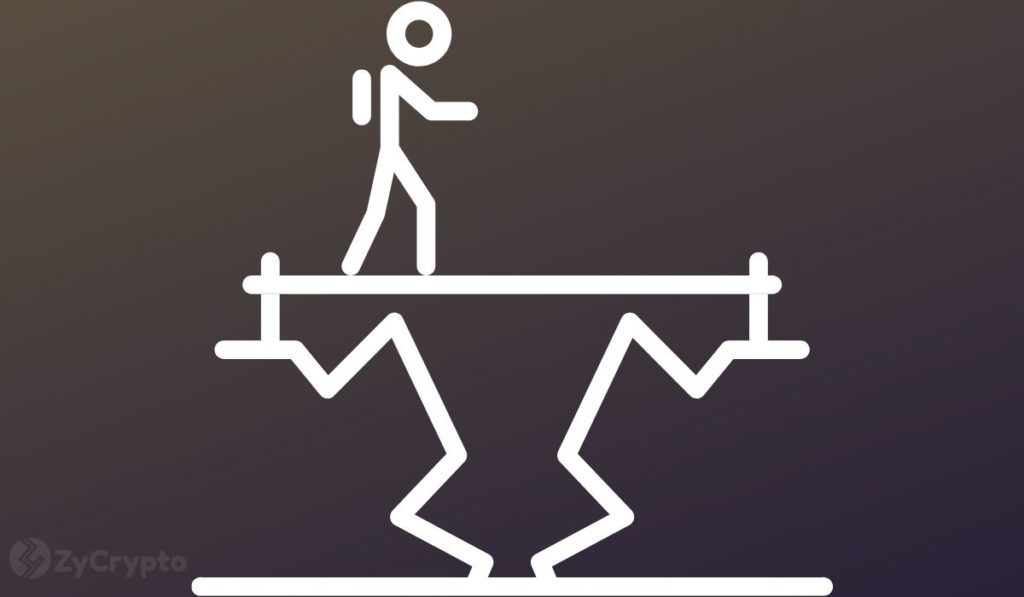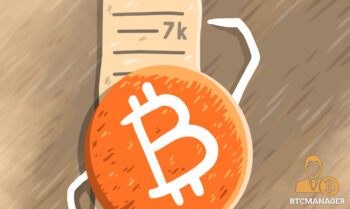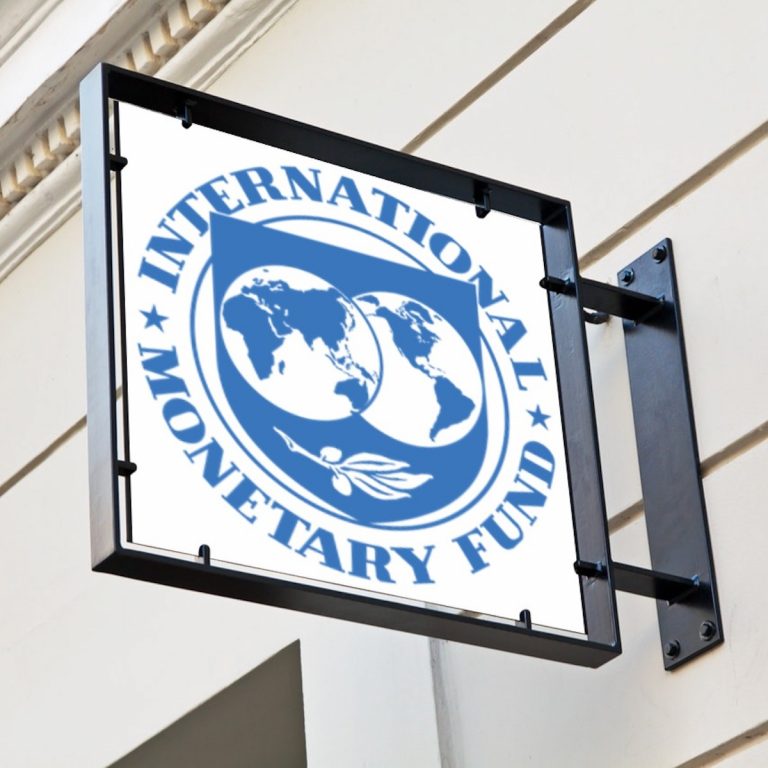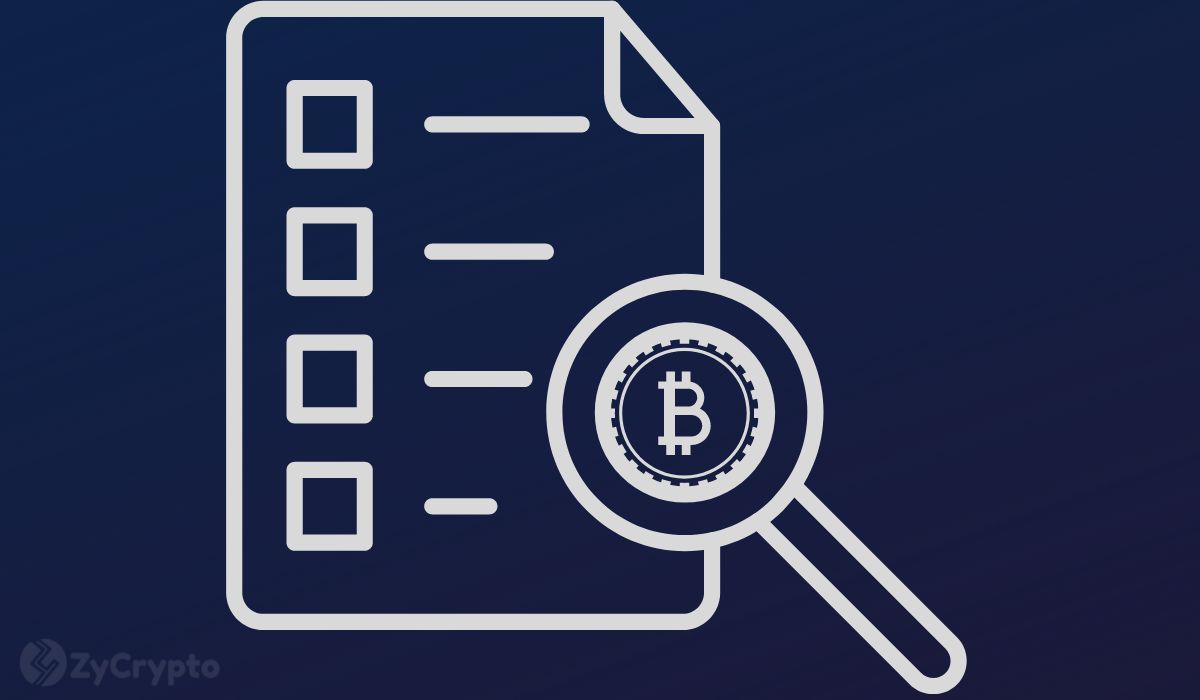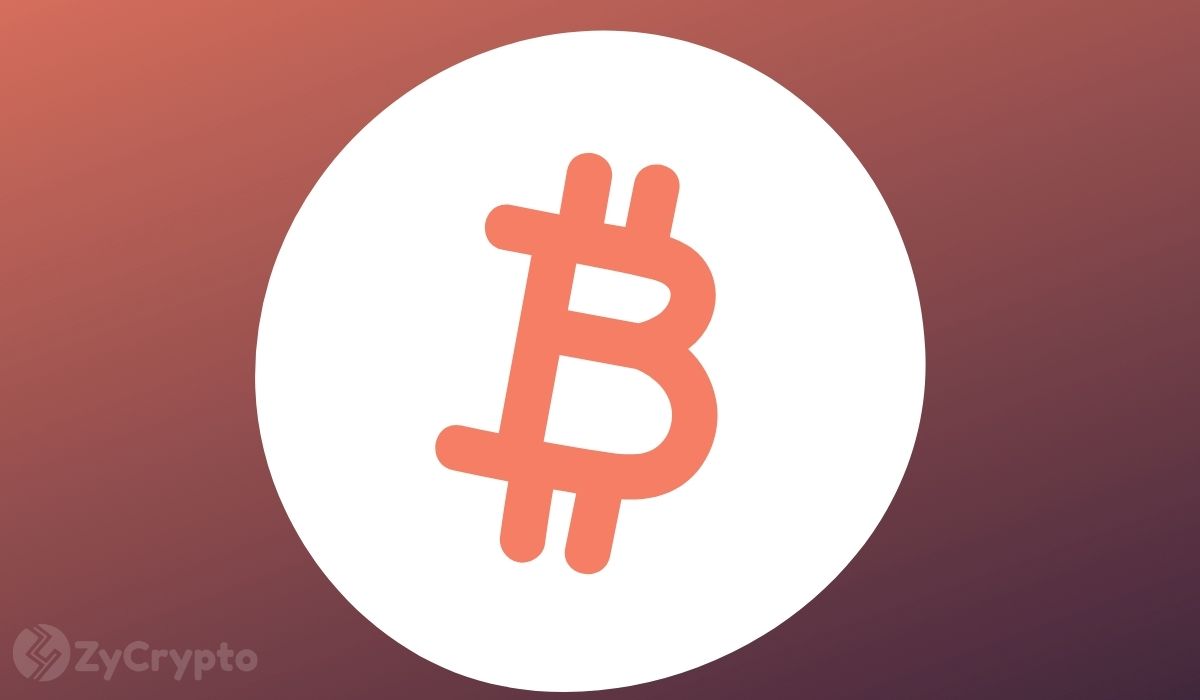
2024-10-5 16:21 |
The International Monetary Fund (IMF) is still not comfortable with El Salvador’s Bitcoin gamble.
At a press conference on Thursday, the IMF renewed its call for El Salvador to narrow down the scope of its Bitcoin legislation and revamp its regulatory framework surrounding the cryptocurrency.
The IMF Calls For An Overhaul Of El Salvador’s Bitcoin PoliciesIMF spokesperson Julie Kozack didn’t specify the specific details behind the proposed regulatory change. But she also said the financial agency recommended El Salvador limit public sector exposure to Bitcoin, as per a Reuters report.
“What we have recommended is a narrowing of the scope of the Bitcoin law, strengthening the regulatory framework and oversight of the Bitcoin ecosystem, and limiting public sector exposure to Bitcoin,” Kozack reportedly said on Oct. 3.
El Salvador’s Bitcoin Law took effect in September 2021, making it the first country in the world to make the benchmark cryptocurrency legal tender — alongside the U.S. dollar. The IMF — which has been in talks with El Salvador for years about a fund-supported program that would “help with macroeconomic stabilization and adjustment and also growth-enhancing reforms” — has long been a vocal critic of the Bitcoin experiment.
In 2021, the IMF warned that El Salvador’s decision to adopt Bitcoin raised “a number of macroeconomic, financial and legal issues.” However, the body conceded in August that many of the alleged risks of Bitcoin adoption “have not yet materialized.”
El Salvador’s President Nayib Bukele, who passed the bill to legalize BTC as legal tender, has always brushed off concerns from international organizations and U.S. politicians about his plan to make the country a Bitcoin hotbed.
Bitcoin Adoption Has Fallen ShortEl Salvador has been buying a whole Bitcoin every day since March 16 this year, taking its total stash of the alpha cryptocurrency to 5,892, valued at roughly $346 million.
The Central American nation also earlier highlighted plans for issuing game-changing bonds backed with Bitcoin mined there using geothermal energy and introduced a citizenship-through-investment program for foreigners who pay $1 million in BTC or Tether’s USDT.
Bukele, however, admitted in August that the experiment has had mixed results so far. He added that the domestic Bitcoin adoption had fallen short of his expectations but remains a “net positive” for the nation.
origin »Bitcoin price in Telegram @btc_price_every_hour
Bitcoin (BTC) íà Currencies.ru
|
|
